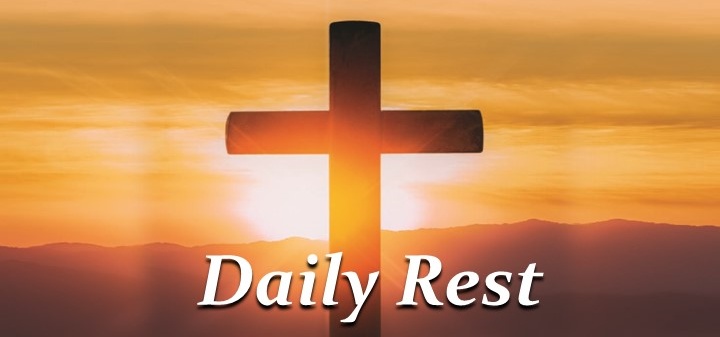Big Words, Big Meanings
Then Aaron shall cast lots for the two goats: one lot for the Lord and the other lot for the scapegoat. And Aaron shall bring the goat on which the Lord’s lot fell, and offer it as a sin offering. But the goat on which the lot fell to be the scapegoat shall be presented alive before the Lord, to make atonement upon it, and to let it go as the scapegoat into the wilderness. Leviticus 16:8-10
Literary heavyweights Ernest Hemingway and William Faulkner, according to some sources, did not much care for each other’s works. Faulkner belittled Hemingway’s use of short, precise language while Hemingway said that emotion did not come from Faulkner’s “ten-dollar words.” Yet, if you were to ask readers who they thought the better writer was, they might hesitate to answer. Both were good in their own right.
It takes short, simple words and the occasional ten-dollar word to get points across. There are larger words we find in the Bible that we certainly do not use in our everyday conversations, but these words describe in precise detail what God had planned in His Word and accomplished through history.
One such word is atonement. The Leviticus passage above is from a wider reading concerning the Day of Atonement. On that day, certain rituals and sacrifices took place by the people and through the priests that would make payment for their sins. Though they observed the old covenant, the goats pictured Christ and the new covenant. How? One would die as a sin offering while the other—the scapegoat—had the sins of the assembly placed upon it. It was then released into the wilderness, never to be seen again.
To “atone” for something means to make it right by satisfying the payment. Our sin made us enemies of God. God, in love, sent His Son as the sin offering and the scapegoat. Our sins were killed and cast away from us. His atonement for our sake gives us fellowship instead of banishment, life instead of death.
The holy, meek, unspotted Lamb,
Who from the Father’s bosom came,
Who died for me, e’er me t’atone,
Now for my Lord and God I own.
The Lutheran Hymnal 371:3

